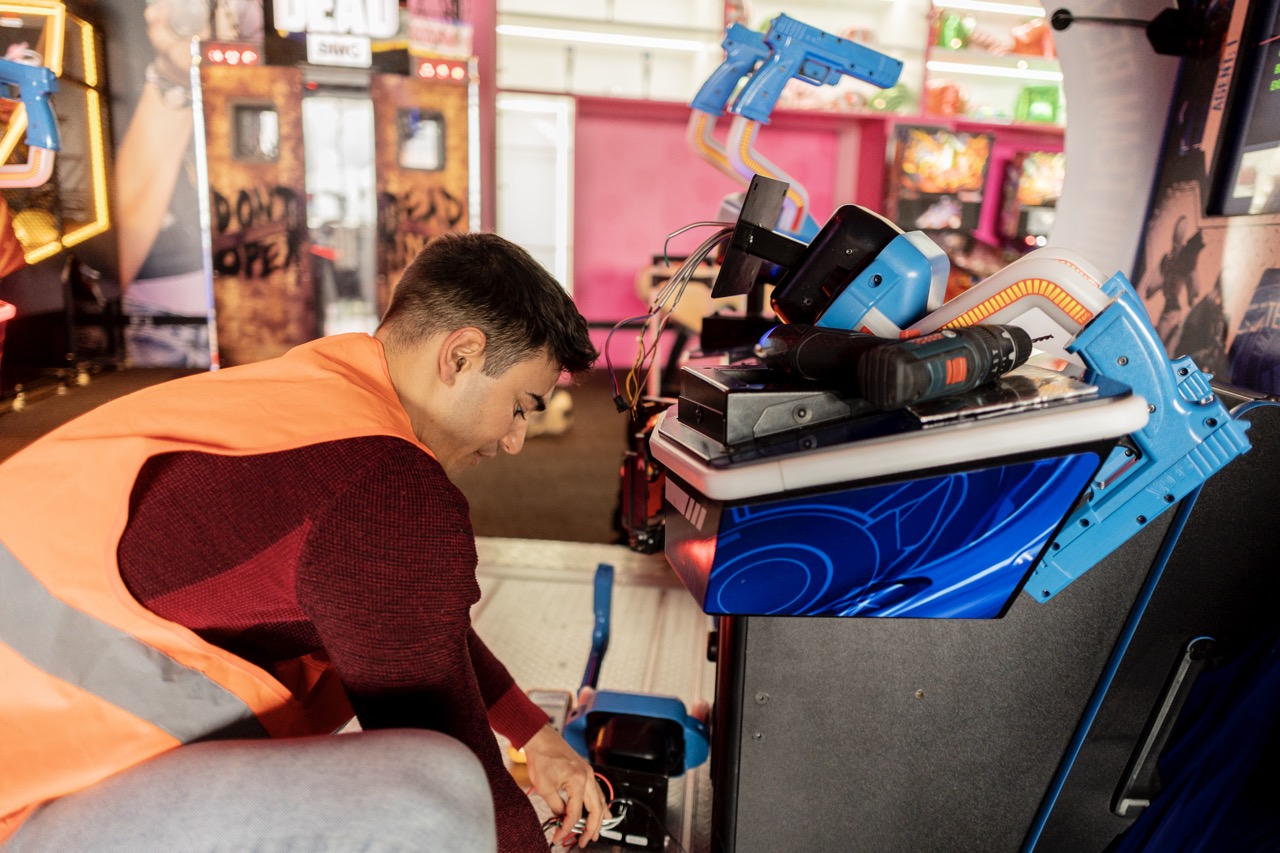When you think of classic arcade games that encapsulate the Wild West spirit, two titles inevitably pop up: "Sunset Riders" and "Wild West C.O.W.-Boys of Moo Mesa." Both games offered players a chance to don cowboy hats and face off against outlaws, but they did so in unique ways. Released in the early ’90s, these games captured the imaginations of gamers, combining vibrant graphics, engaging gameplay, and memorable characters. But how do they stack up against each other? Let’s dive into the details!
A Quick Overview of Sunset Riders and Moo Mesa C.O.W.-Boys
"Sunset Riders," developed by Konami in 1991, is a classic side-scrolling shooter that transports players to the American frontier. Set in a vibrant, cartoonish rendition of the Wild West, players assume the roles of bounty hunters on a mission to take down notorious outlaws. With its engaging co-op gameplay and fast-paced action, "Sunset Riders" quickly became a staple in arcades, garnering a dedicated fan base.
On the other hand, "Wild West C.O.W.-Boys of Moo Mesa," released by Konami in 1992, took a more whimsical approach to the genre. Set in a fictional Wild West inhabited by anthropomorphic animals, players join the C.O.W.-Boys as they battle the villainous "Bad Moo" and his gang. While it shared similarities in gameplay style with "Sunset Riders," the characters and setting added a unique flavor that set it apart, inviting younger audiences into the arcade.
Both games have left a lasting mark on the gaming community and continue to be fondly remembered. They not only provided entertainment but also showcased the creativity of the era, blending humor and action while capturing the essence of the Wild West, albeit through different lenses.
Game Mechanics: What Sets Them Apart and Similar
When it comes to gameplay mechanics, both "Sunset Riders" and "Wild West C.O.W.-Boys of Moo Mesa" feature side-scrolling action, allowing players to move left and right, jump, and shoot. However, "Sunset Riders" is often praised for its fluid control system and responsive gameplay. Players can choose from multiple characters, each with distinct weapons and special abilities, adding a layer of strategy to the game.
In contrast, "Wild West C.O.W.-Boys of Moo Mesa" introduced unique mechanics that catered to its quirky style. For instance, players could ride on animals, such as horses or cows, during certain levels, enhancing the sense of adventure. The game also featured collectible power-ups and special attacks that were linked to each character’s personality, making the gameplay feel more personalized and fun.
Both games excelled in their use of cooperative gameplay. Friends could team up to tackle challenging levels and face off against bosses, making both titles perfect for arcade hangouts. While they share a foundation in side-scrolling shooter mechanics, the distinct elements of each game create unique experiences that cater to different tastes among players.
Iconic Characters: Who’s Who in the Wild West Showdown
In "Sunset Riders," players can choose from four memorable characters: Steve, Billy, Cormano, and Bob. Each character boasts unique strengths; for example, Cormano wields a shotgun, while Billy prefers a rapid-fire pistol. The camaraderie among the characters, as well as their distinct backstories, adds depth to the gameplay, making players feel like they are part of a cohesive team on a mission to capture the bad guys.
On the flip side, "Wild West C.O.W.-Boys of Moo Mesa" features a cast of anthropomorphic heroes, including the likes of Dakota Dude, Marshal Moo Montana, and the ever-energetic Cowgirl Annie. Each character’s design and abilities reflect their animal type, which not only adds humor but also enhances their fighting styles. The overarching theme of fighting for justice against the villainous Bad Moo makes for engaging narratives as players traverse through the vibrant levels.
Both games have characters that have become icons in their own right, celebrated not just for their gameplay but also for their charm and personality. Whether you prefer the gritty bounty hunters of "Sunset Riders" or the fun-loving cow-animal crew of "C.O.W.-Boys," each character brings something unique to the table, adding to the games’ enduring appeal.
Legacy and Impact: How These Games Shaped the Genre
"Sunset Riders" is often credited with helping to define the run-and-gun genre in gaming. Its engaging cooperative gameplay and clever character dynamics set a high standard for future titles. The game’s influence can be seen in modern side-scrolling shooters, as developers draw inspiration from its level design and character selection mechanics. The blend of action and humor resonated with players, making it a classic that continues to inspire remakes and sequels.
Similarly, "Wild West C.O.W.-Boys of Moo Mesa" carved its niche in the gaming landscape with its whimsical approach and creative premise. While it may not have achieved the same level of fame as "Sunset Riders," it introduced younger audiences to the arcade genre and showcased that humor and creativity can coexist with action. Its colorful graphics and fun characters left a mark on the gaming community, prompting other games to explore unconventional themes and settings.
Both games contributed to the diversification of the arcade genre, encouraging developers to think outside the box. They demonstrated that there was room for both serious and light-hearted takes on the Wild West, paving the way for future titles to explore different styles and narratives.
In summary, "Sunset Riders" and "Wild West C.O.W.-Boys of Moo Mesa" are two gems from the arcade era that continue to resonate with gamers even today. While they differ in their themes and gameplay mechanics, both games captured the spirit of the Wild West in unique ways. Whether you’re blasting through the desert with bounty hunters or riding into battle on the back of a cow, each title offers a distinctive adventure. As they continue to influence new games and entertain nostalgic fans, it’s safe to say that the legacy of these arcade classics will live on for generations to come!










